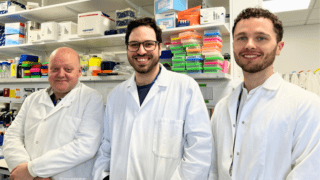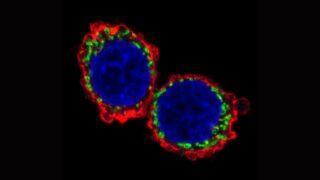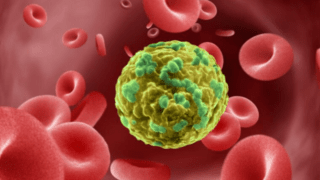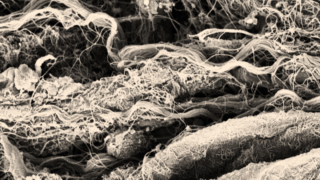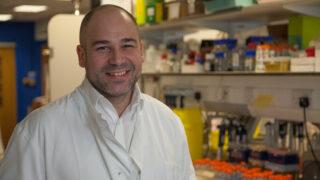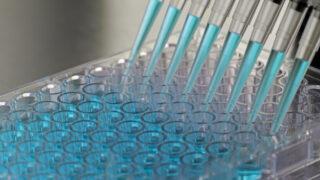Category: Publications
Search News
Categories
Archives
Researchers shed light on the mystery of liver cells’ origins
30th May 2023
Understanding how new liver cells are created could inform how and why cell growth spirals out of control in cancer
Read moreSkin cancer rewires its energy systems to spread more efficiently
22nd May 2023
Melanoma cells rewire their mitochondria, but reversing this could make tumour cells less invasive.
Read moreScientists uncover a promising strategy to combat leukaemia resistance
18th May 2023
Research reveals a vulnerability in leukaemia cells that causes them to fill with toxic fatty acids
Read moreOvarian cancer’s protective barrier: how the tumour matrix teaches cells to disarm immune attack
15th May 2023
The results suggest new strategies to overcome the cancer’s defences and treat patients more effectively
Read moreVitamin B5 could improve red blood cell production in people with myelodysplastic syndromes
2nd March 2023
Scientists from Barts Cancer Institute at Queen Mary University of London and the Francis Crick Institute, have uncovered why patients with a rare type of blood cancer suffer from ineffective red blood cell production, and how vitamin B5 could be combined with existing drugs to improve outcomes.
Read moreResearch on the use of urine biomarkers for early detection of pancreatic cancer
28th November 2022
Professor Tatjana Crnogorac-Jurcevic and her team at Barts Cancer Institute, Queen Mary University of London, are working to identify biological clues or ‘biomarkers’ for early, non-invasive detection of pancreatic cancer in urine samples. In their most recent paper, published in the International Journal of Cancer, the team reported that a urine biomarker panel could detect pancreatic ductal adenocarcinoma, the most common type of pancreatic cancer, up to 2 years before clinical diagnosis.
Read more
